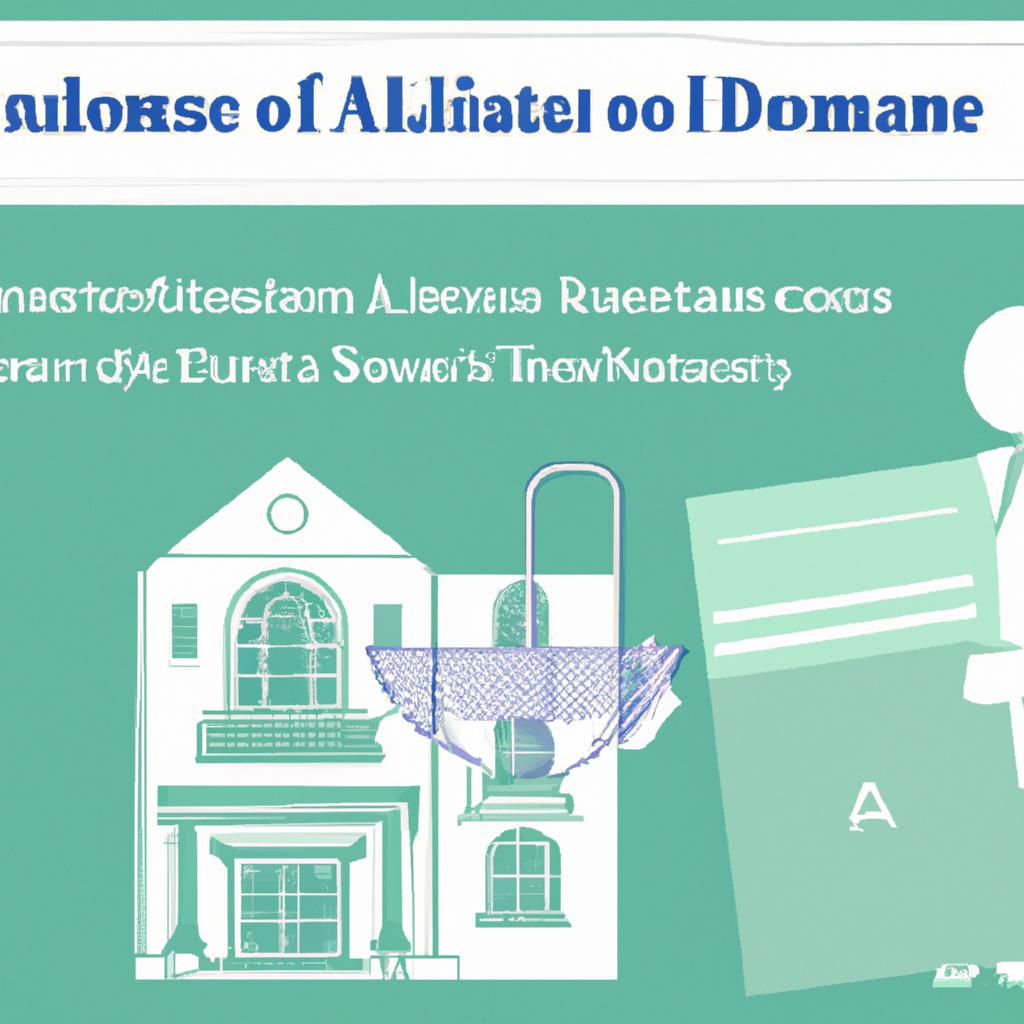Responsibilities of an Estate Administrator and the Importance of Fulfilling Their Duties
The vital role of the estate administrator is to ensure that the affairs of the deceased are properly settled, from managing assets to distributing inheritances. Understanding the Role of an Estate Administrator
An estate administrator plays a vital role in managing the affairs of a deceased individual, including overseeing the distribution of assets, settling debts, and handling legal matters related to the estate. One of the key responsibilities of an estate administrator is to locate and secure all assets belonging to the deceased. This may involve accessing bank accounts, safe deposit boxes, and any other financial holdings.
Key Responsibilities and Duties of an Estate Administrator
The responsibilities of an estate administrator include identifying and inventorying the assets of the deceased, paying off any debts or liabilities of the estate, distributing assets to beneficiaries according to the will or state law, and filing necessary tax returns on behalf of the deceased. In addition to these tasks, an estate administrator must also communicate with beneficiaries and creditors, ensuring that everyone is kept informed throughout the probate process.
Challenges Faced by Estate Administrators
Estate administrators have a multitude of responsibilities that can sometimes be challenging to navigate. One common difficulty is the emotional toll that comes with handling the affairs of a deceased loved one. Executors often find themselves in the middle of family disputes, which can be emotionally draining and overwhelming. Additionally, estate administrators must ensure that all debts and taxes are paid off before distributing assets to beneficiaries. This can be a complex and time-consuming process, especially if the deceased had a large estate or multiple creditors to deal with. Another challenge faced by estate administrators is the legal requirements and paperwork involved in settling an estate.
Expert Tips for Effective Estate Administration
To effectively carry out the responsibilities of an estate administrator, it is important to organize and review documents, communicate clearly with beneficiaries, and seek professional help when necessary. Seeking guidance from a legal or financial professional can help alleviate the overwhelming administrative tasks involved in estate administration.
The Way Forward
Serving as an administrator of an estate can be a daunting task filled with legal responsibilities and emotional challenges. From managing assets to distributing property, the role requires patience, organization, and a keen attention to detail. By fulfilling these duties with care and diligence, administrators can help honor the wishes of the deceased and provide closure for their loved ones. Though the road may be long and difficult, the sense of accomplishment that comes from carrying out these important responsibilities is immeasurable. So, to all those who find themselves in the role of estate administrator, remember to approach your tasks with sensitivity and professionalism, knowing that you are making a meaningful impact in the lives of those left behind.

The Ultimate Guide to Estate Administrator’s Duties
Being appointed as an estate administrator is a significant responsibility that requires careful attention to detail and a good understanding of the legal and financial obligations involved. In this comprehensive guide, we will explore the duties of an estate administrator and provide valuable insights on how to navigate this important role successfully.
Understanding the Role of an Estate Administrator
Before delving into the specific duties of an estate administrator, it is essential to have a clear understanding of what this role entails. An estate administrator is responsible for managing the affairs of a deceased person’s estate, ensuring that their assets are distributed according to their wishes as outlined in their will or as mandated by law.
Key Responsibilities of an Estate Administrator
- Locating and securing assets: The estate administrator must identify all of the deceased person’s assets, including bank accounts, properties, investments, and personal belongings, and take steps to secure them.
- Valuing the estate: It is crucial to determine the total value of the estate by obtaining appraisals of valuable assets such as real estate, jewelry, and collectibles.
- Paying debts and taxes: The estate administrator is responsible for settling any outstanding debts and taxes owed by the deceased person, using funds from the estate.
- Distributing assets: Once all debts and taxes have been paid, the estate administrator must distribute the remaining assets to the beneficiaries named in the will or as directed by intestacy laws.
- Filing legal documents: Throughout the probate process, the estate administrator must file various legal documents with the court and ensure that all required paperwork is completed accurately and on time.
Benefits of Hiring an Estate Administrator
While it is possible for individuals to act as their own estate administrators, many people choose to hire a professional to assist them with this complex and time-consuming process. Some of the benefits of hiring an estate administrator include:
- Expertise: Estate administrators have a deep understanding of probate laws and procedures, making them well-equipped to handle the intricacies of estate administration.
- Time-saving: By delegating the responsibilities of estate administration to a professional, individuals can save time and avoid the stress of managing these tasks themselves.
- Peace of mind: Knowing that a knowledgeable professional is overseeing the estate administration process can provide peace of mind to the deceased person’s family members and beneficiaries.
Practical Tips for Estate Administrators
If you have been appointed as an estate administrator, here are some practical tips to help you fulfill your duties effectively:
- Communicate clearly with beneficiaries: Keep beneficiaries informed about the progress of the estate administration process and address any questions or concerns they may have.
- Seek professional advice: Don’t hesitate to consult with an attorney or financial advisor to ensure that you are following all legal requirements and making informed decisions.
- Keep detailed records: Maintain thorough records of all financial transactions and communications related to the estate administration to demonstrate transparency and accountability.
Case Study: John’s Experience as an Estate Administrator
John was appointed as the estate administrator for his late uncle’s estate. Despite feeling overwhelmed at first, he sought guidance from an estate planning attorney and diligently followed the steps outlined in this guide. With the help of professionals and careful attention to detail, John was able to successfully navigate the probate process and distribute his uncle’s assets to the beneficiaries as intended.
Conclusion
Being an estate administrator is a challenging yet rewarding role that requires careful planning and attention to detail. By understanding the duties involved, seeking professional advice when needed, and following best practices, estate administrators can fulfill their responsibilities effectively and ensure that the deceased person’s wishes are carried out.
| Assets | Value |
|---|---|
| Real estate | $500,000 |
| Bank accounts | $100,000 |
| Jewelry | $50,000 |


